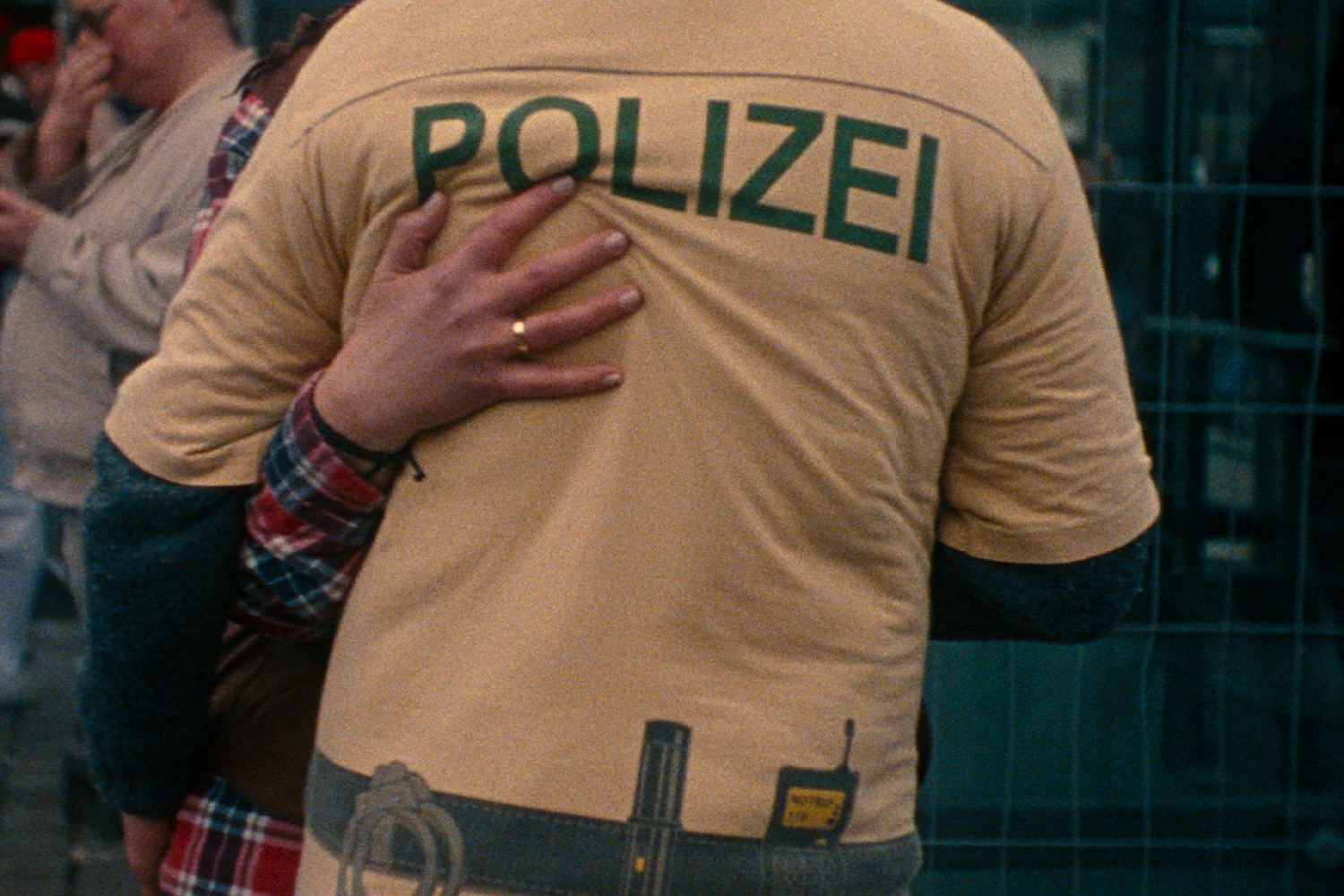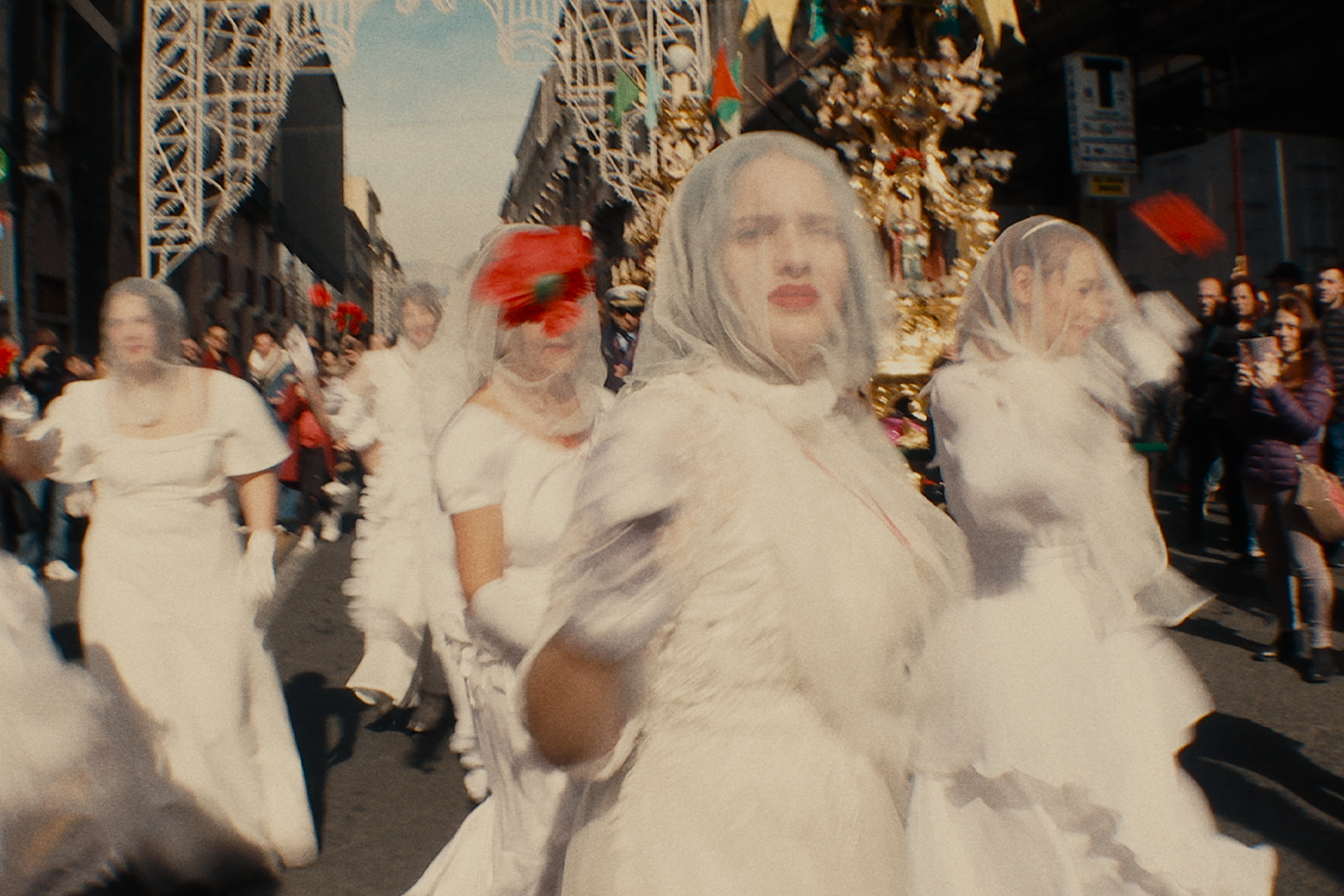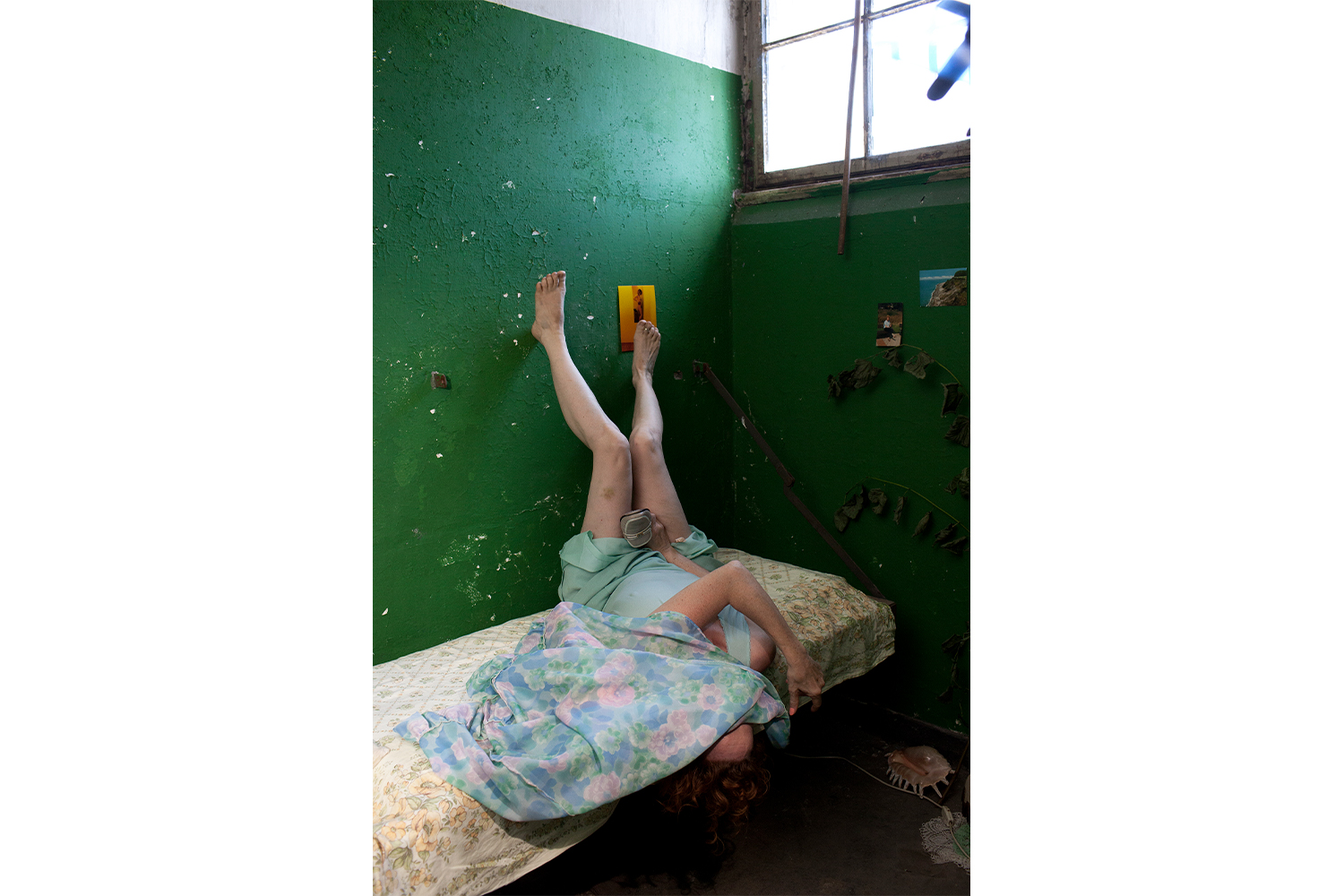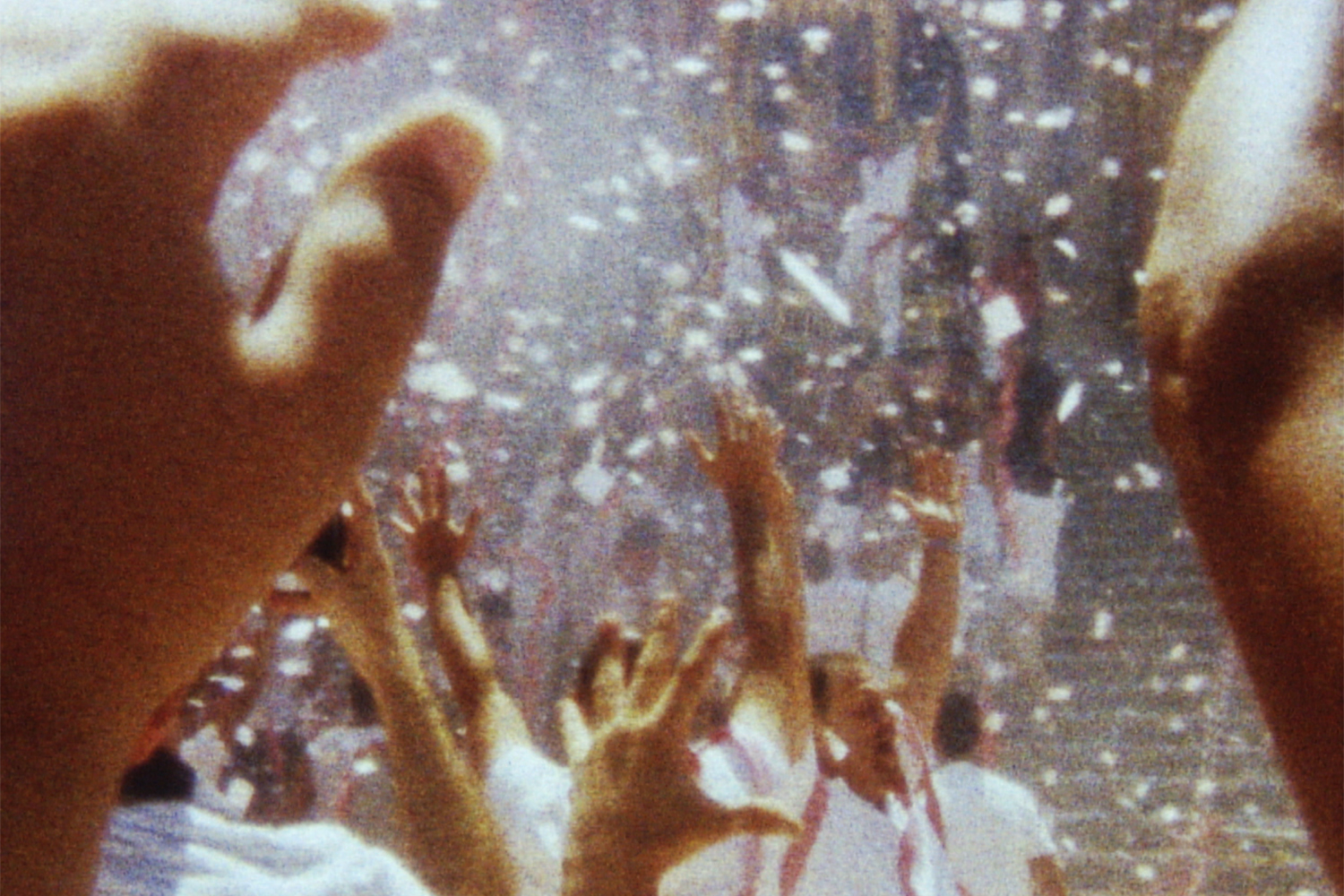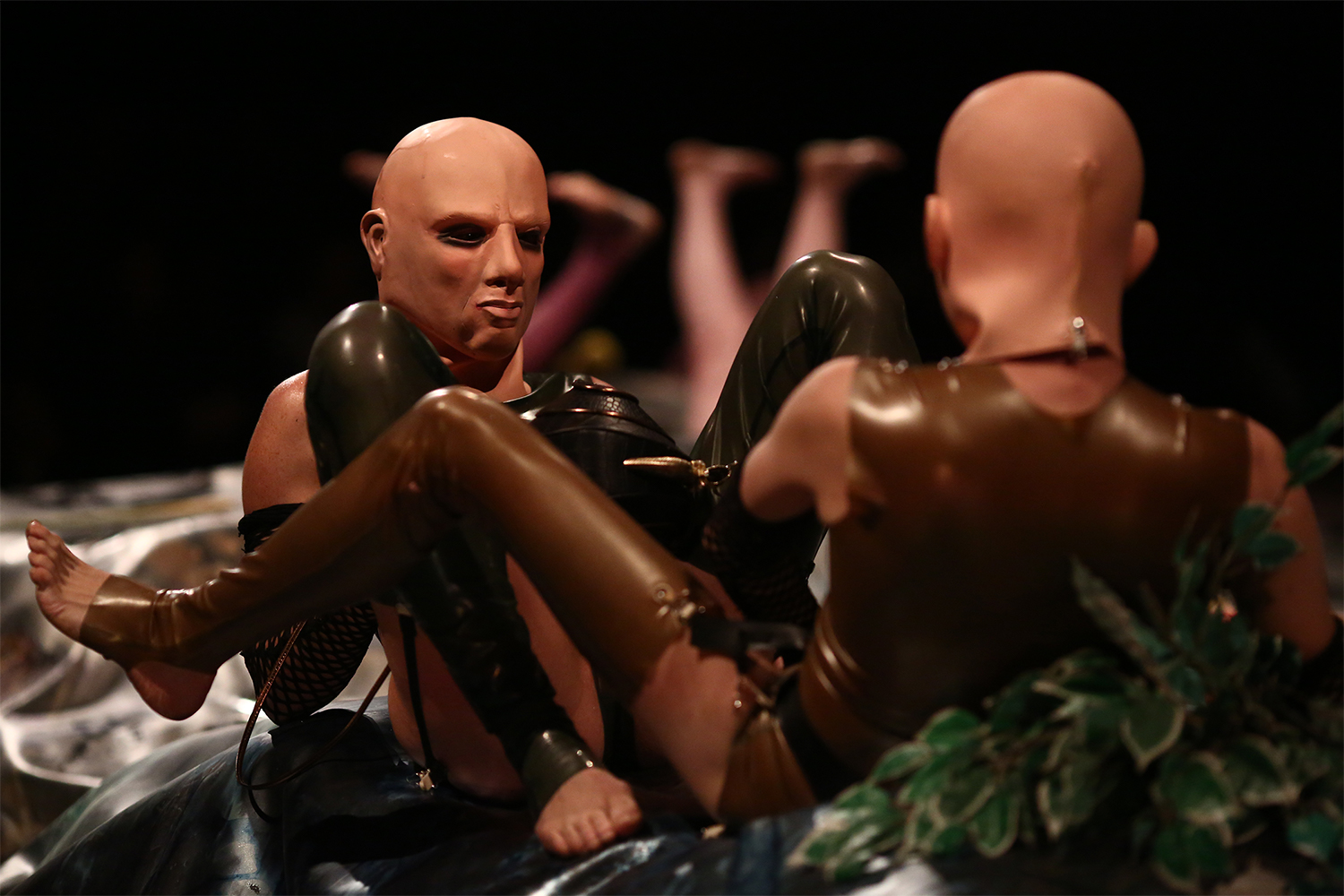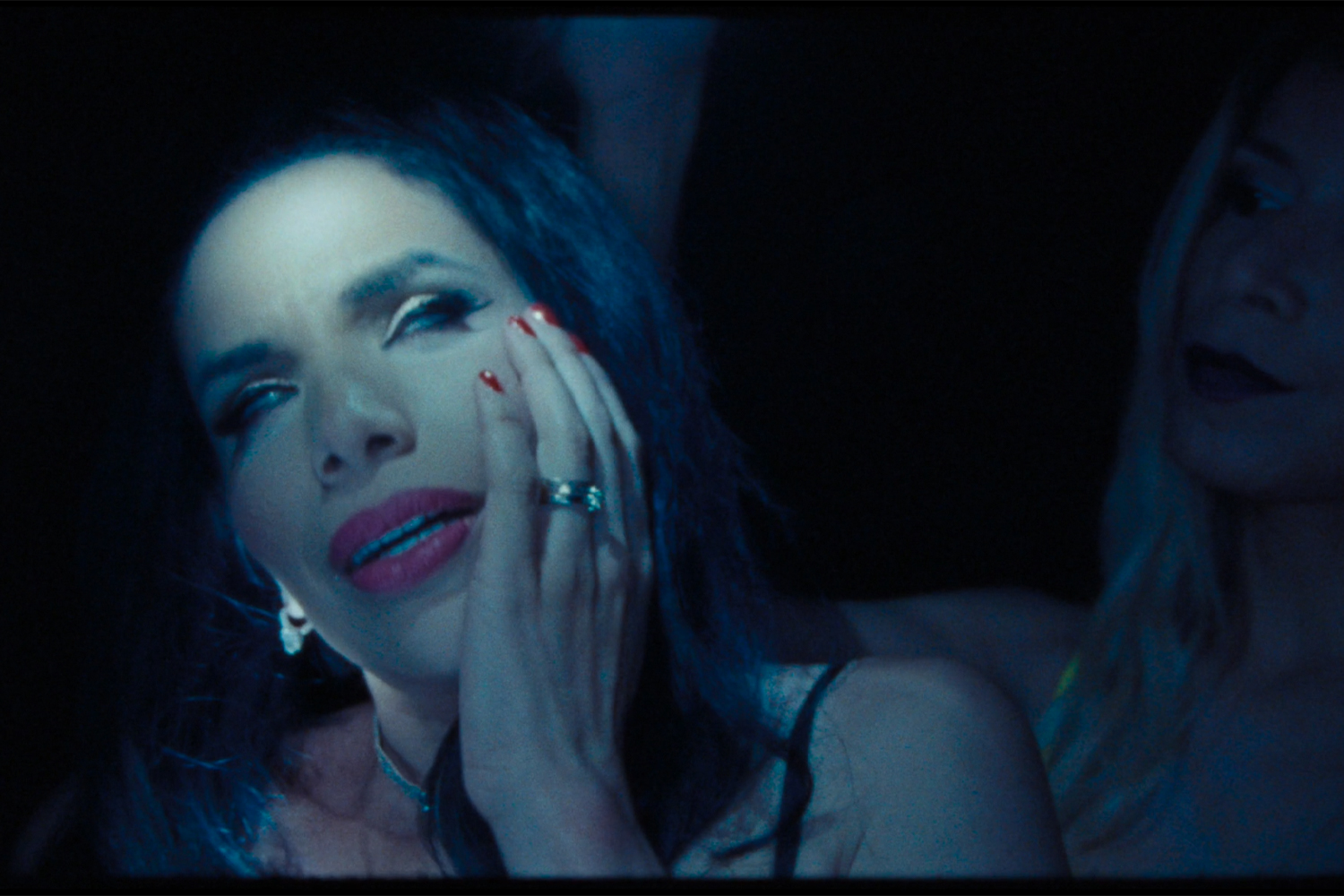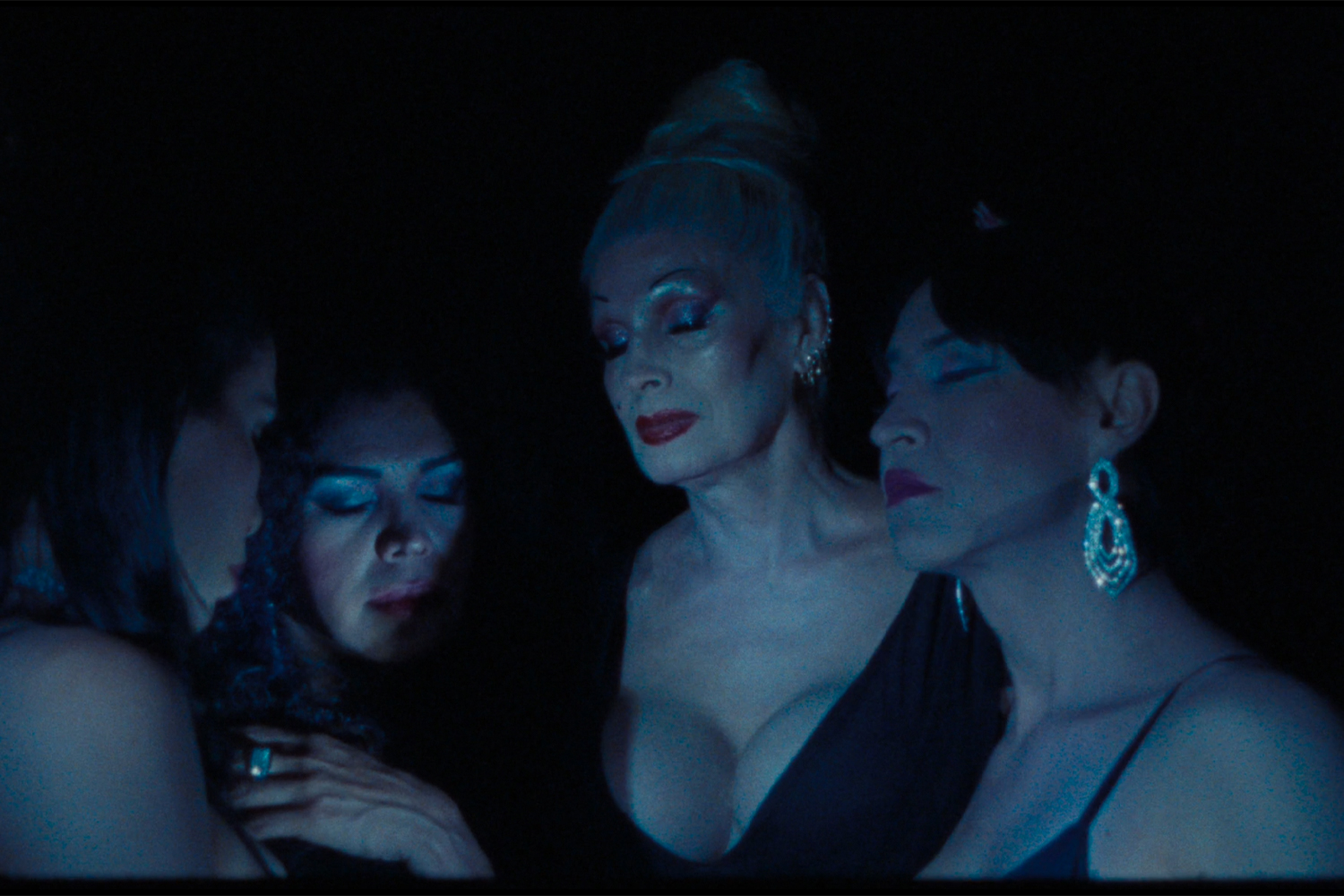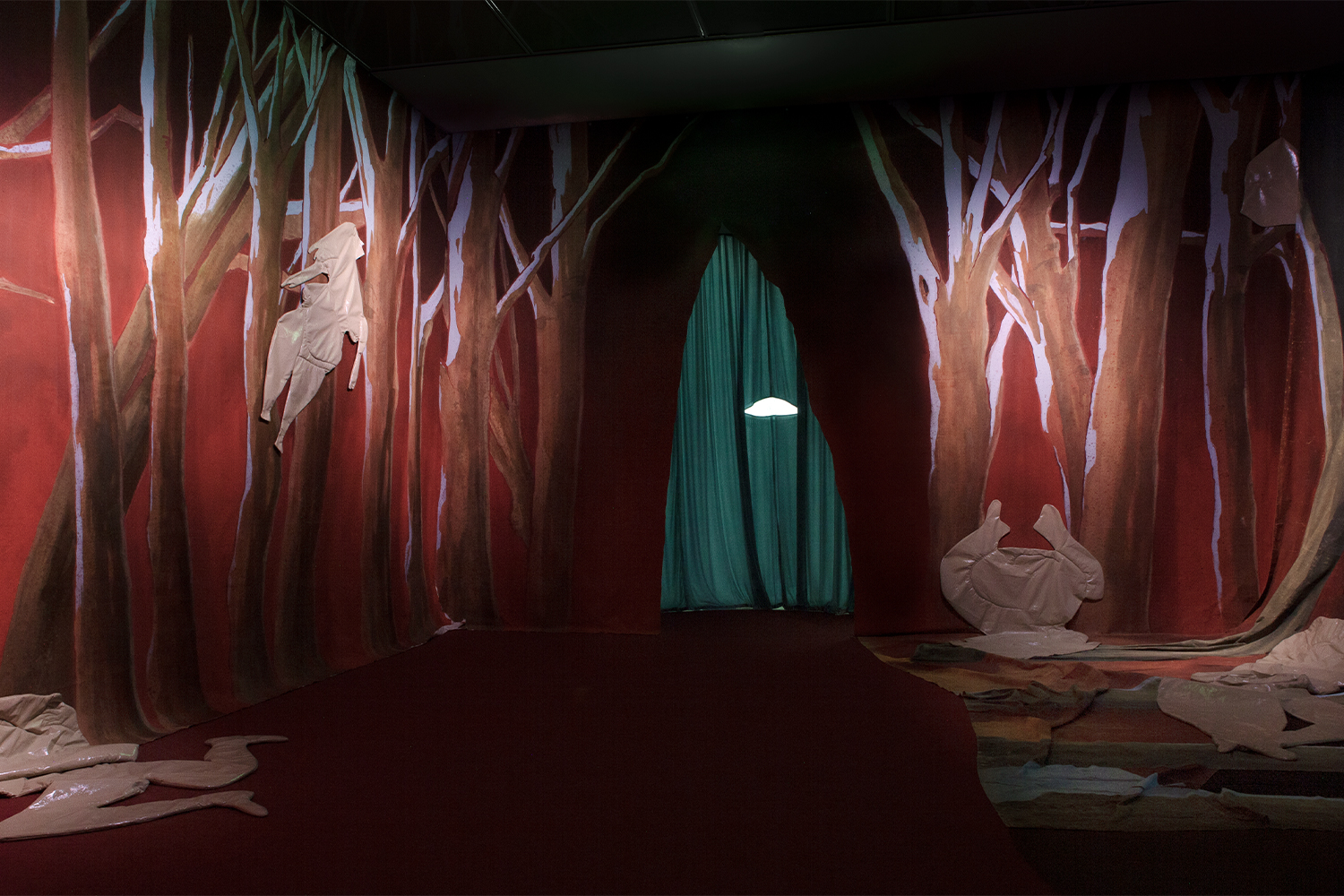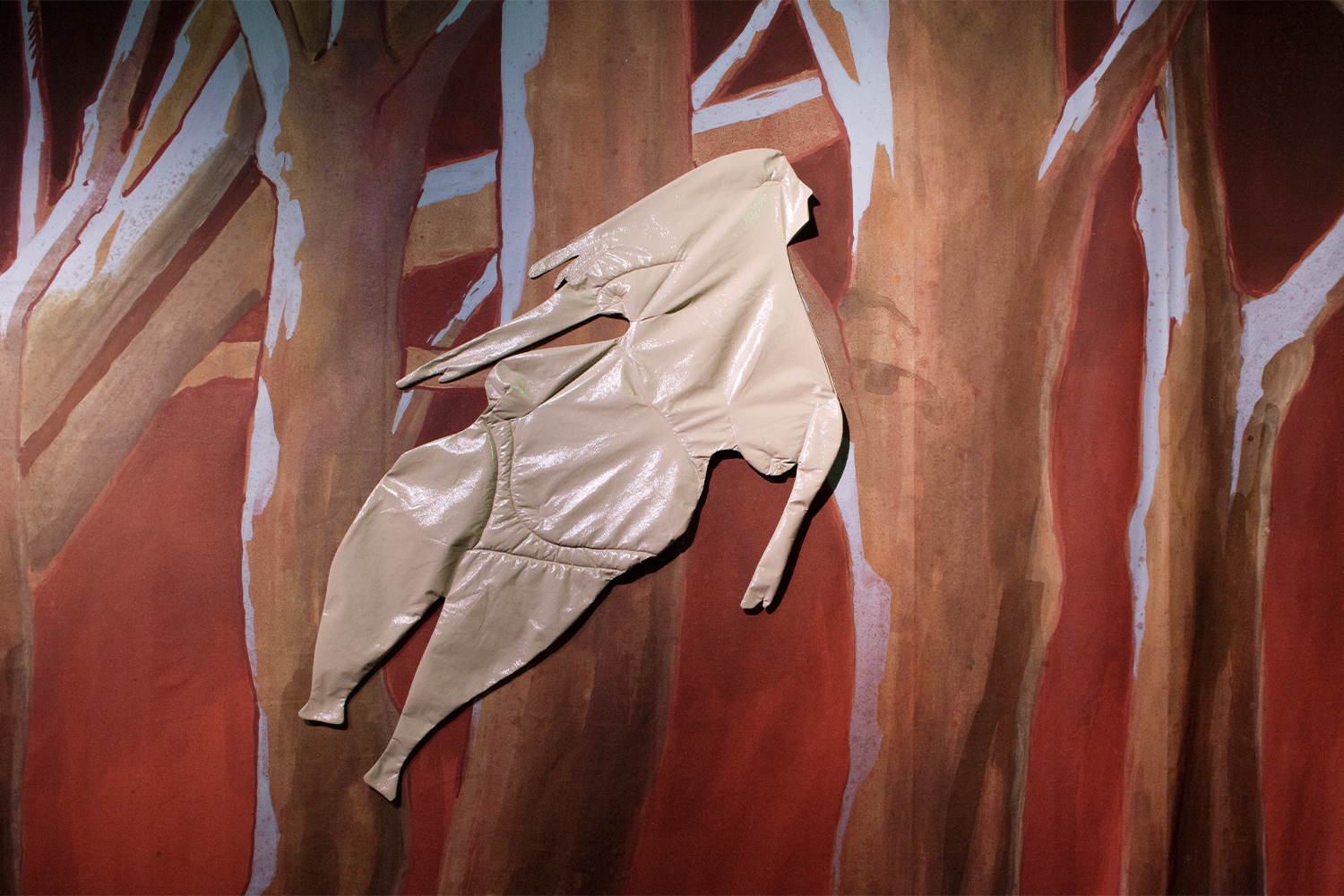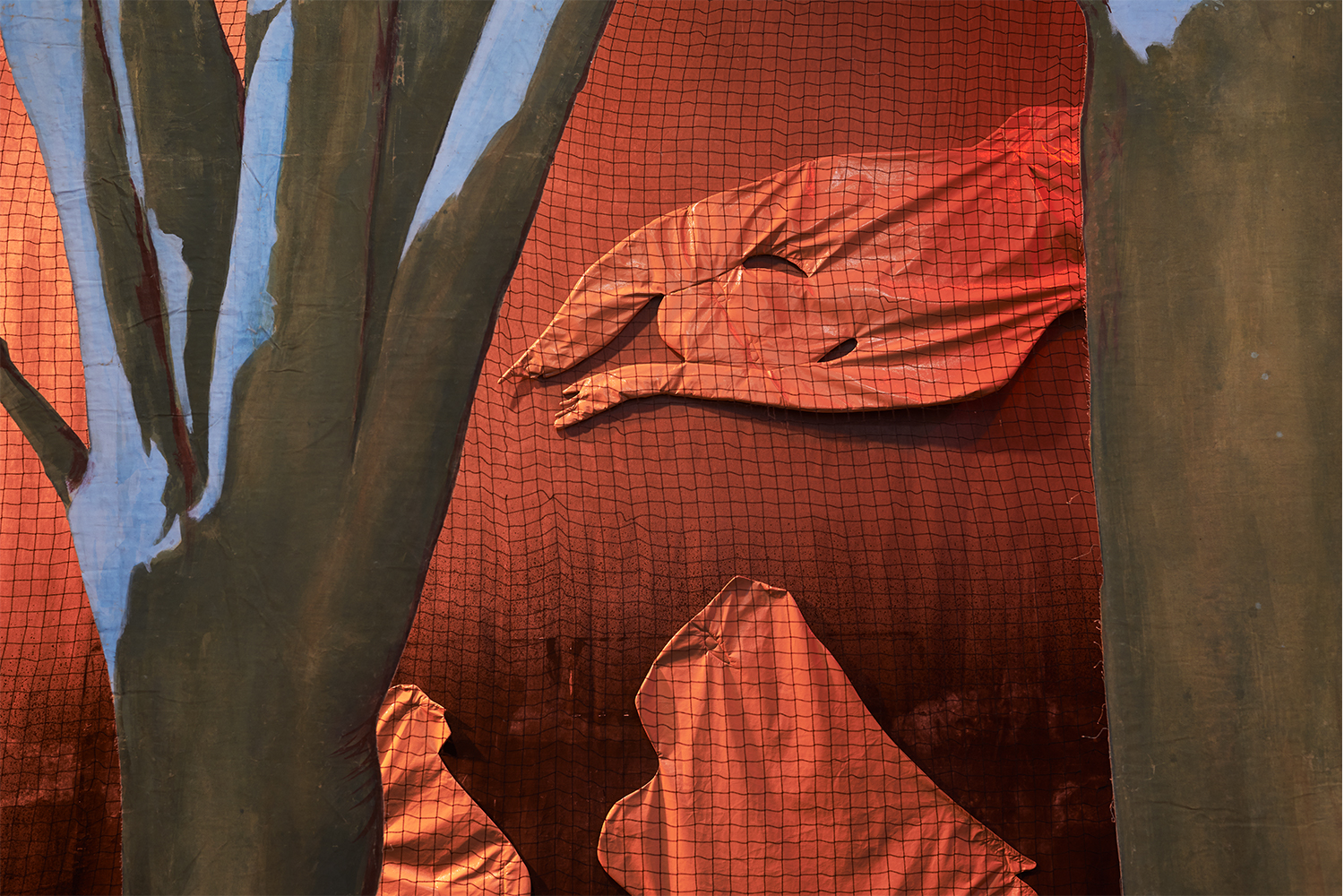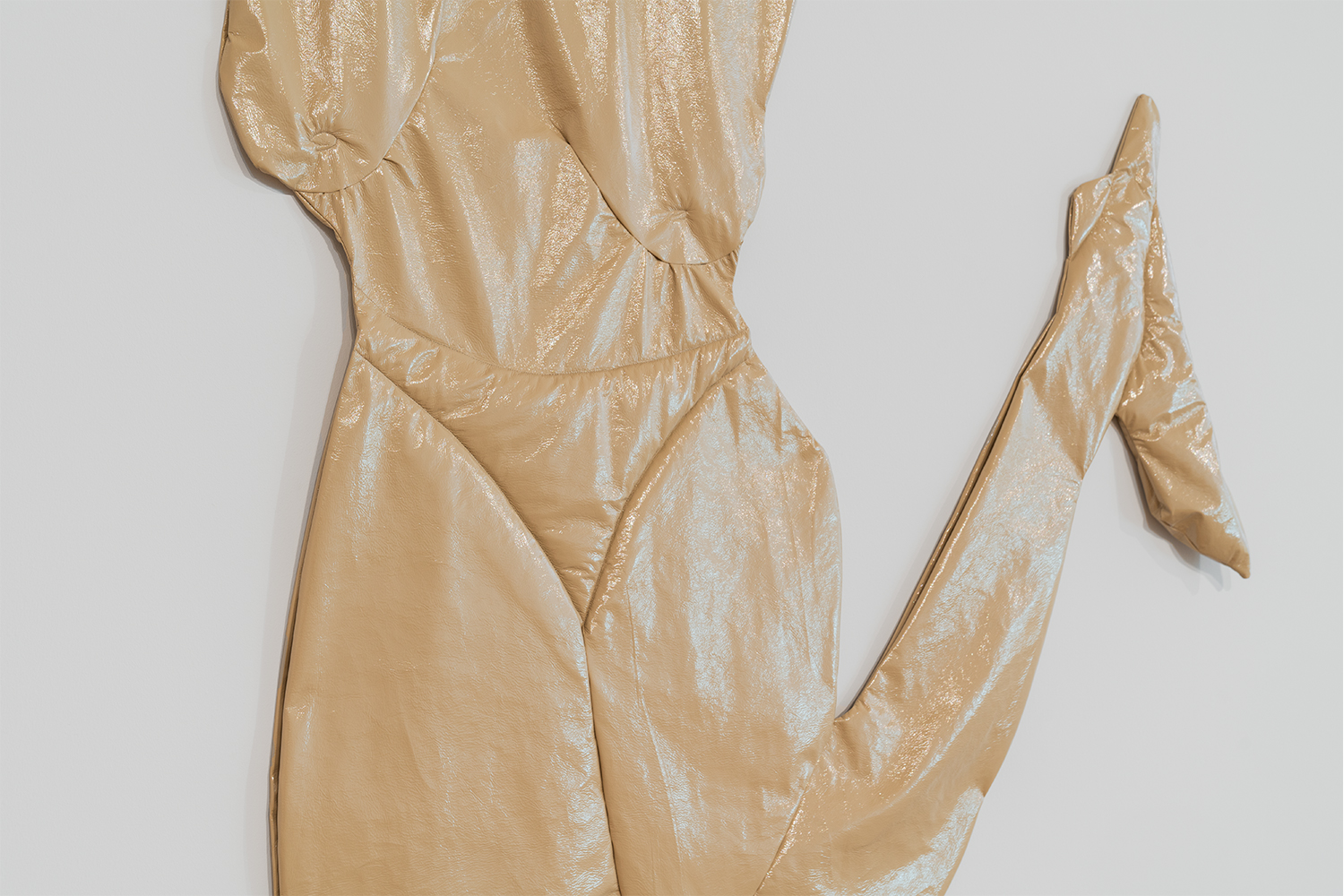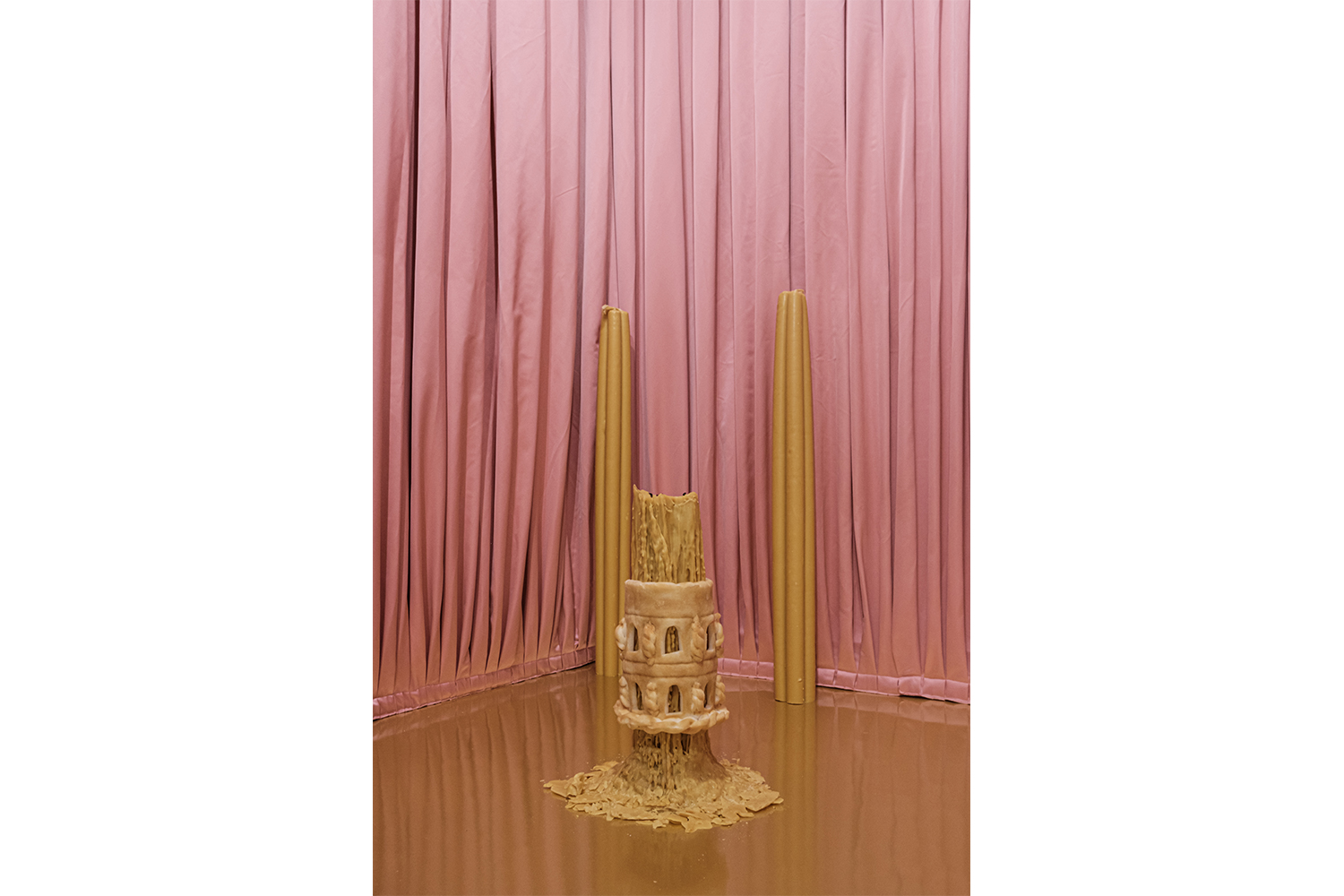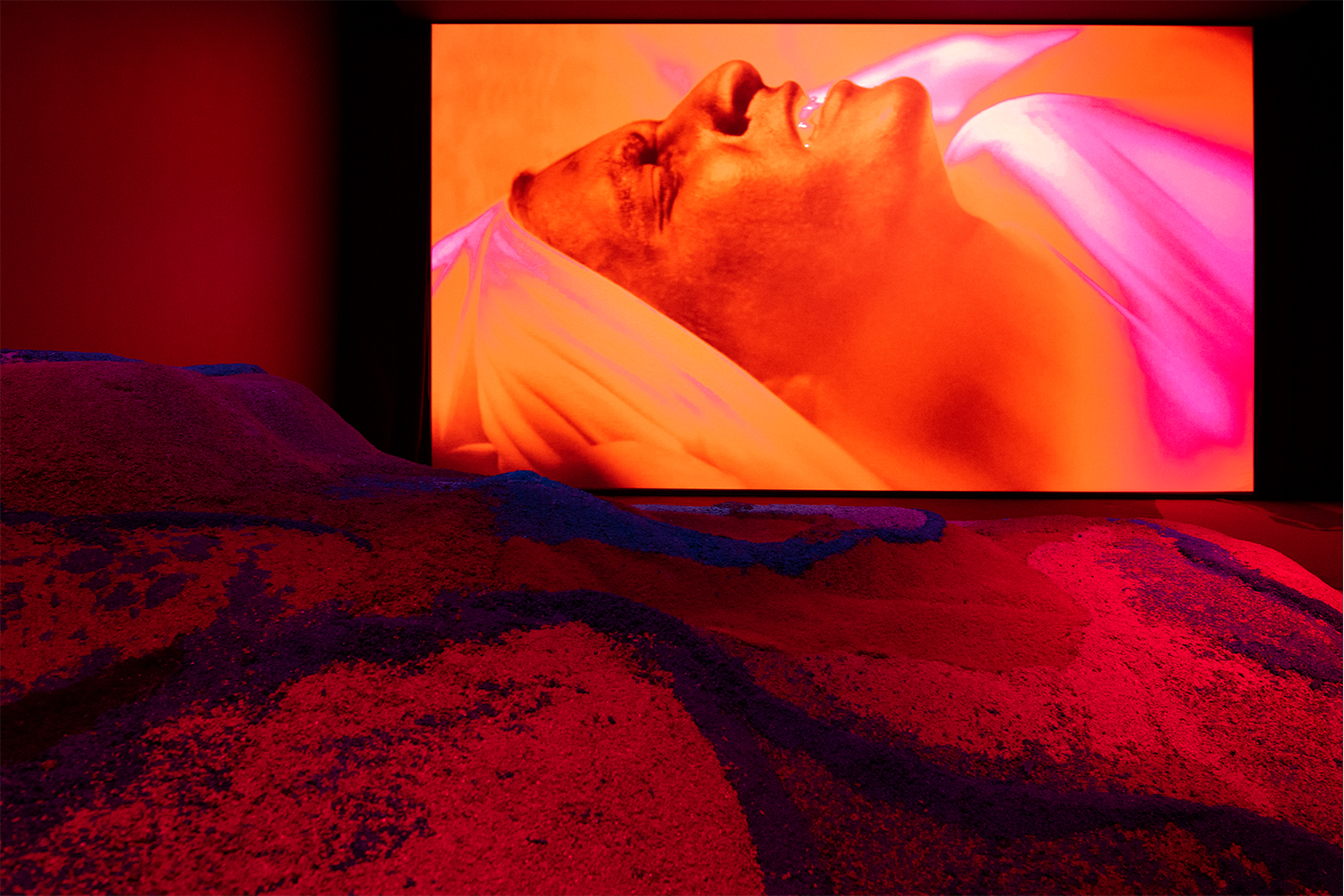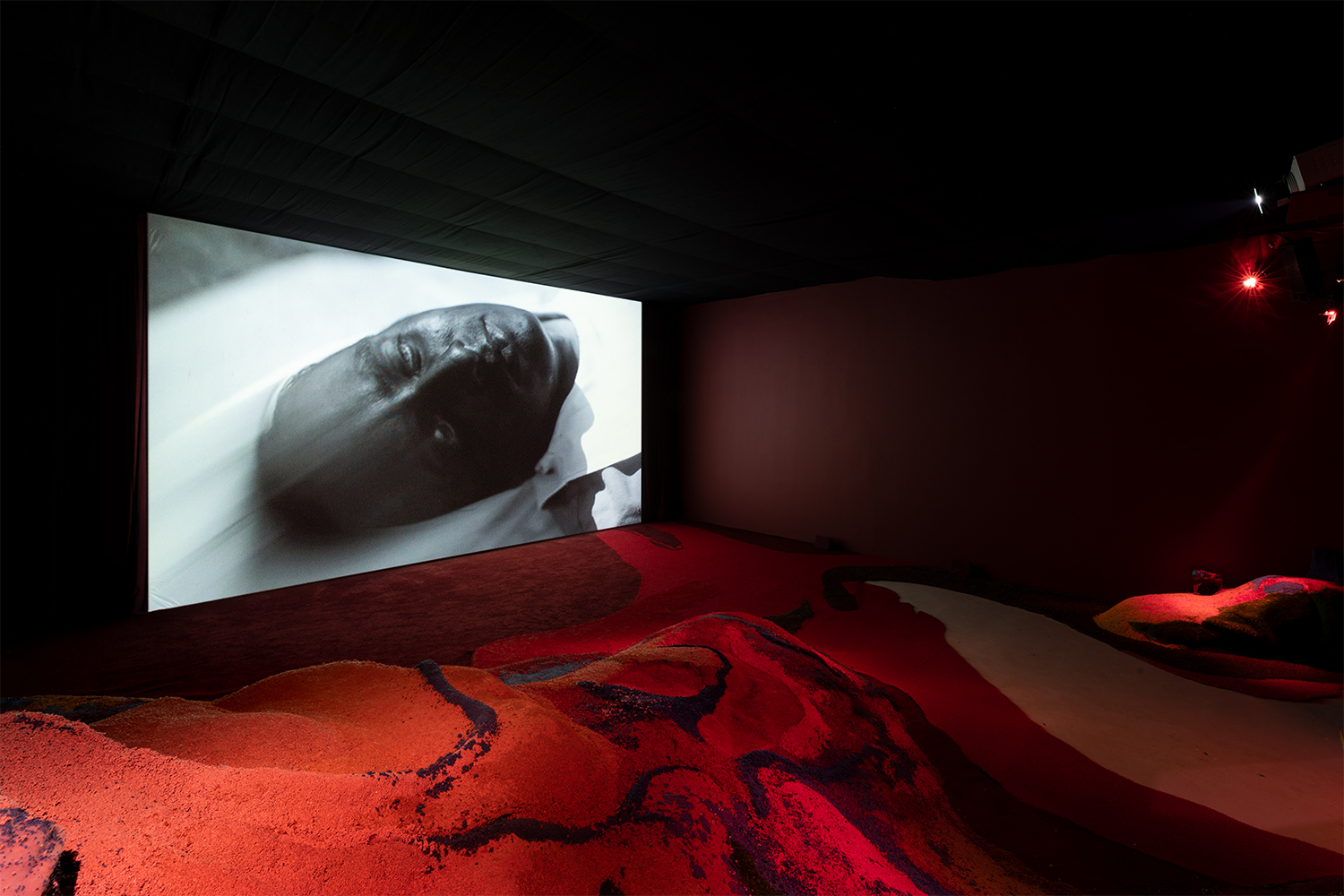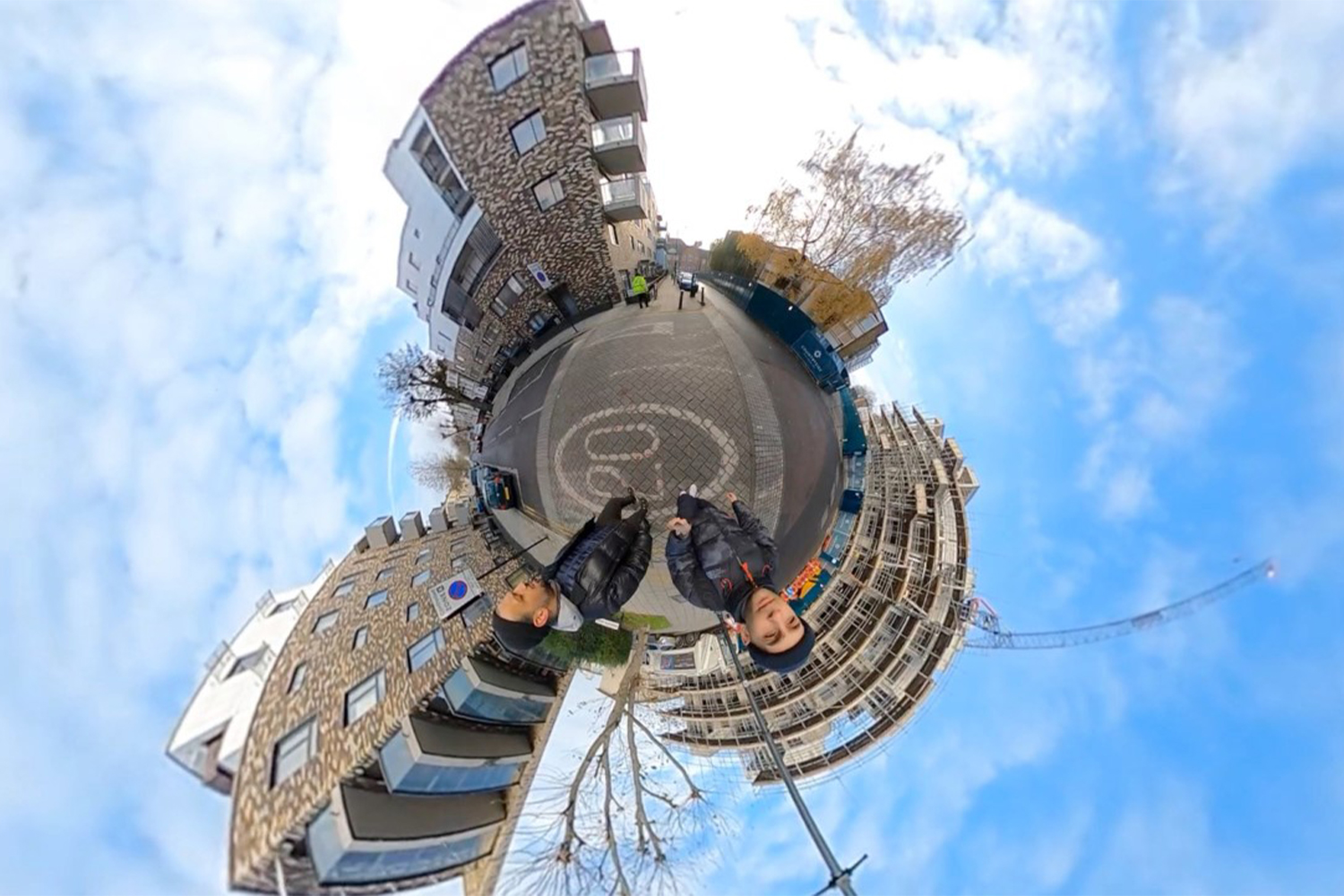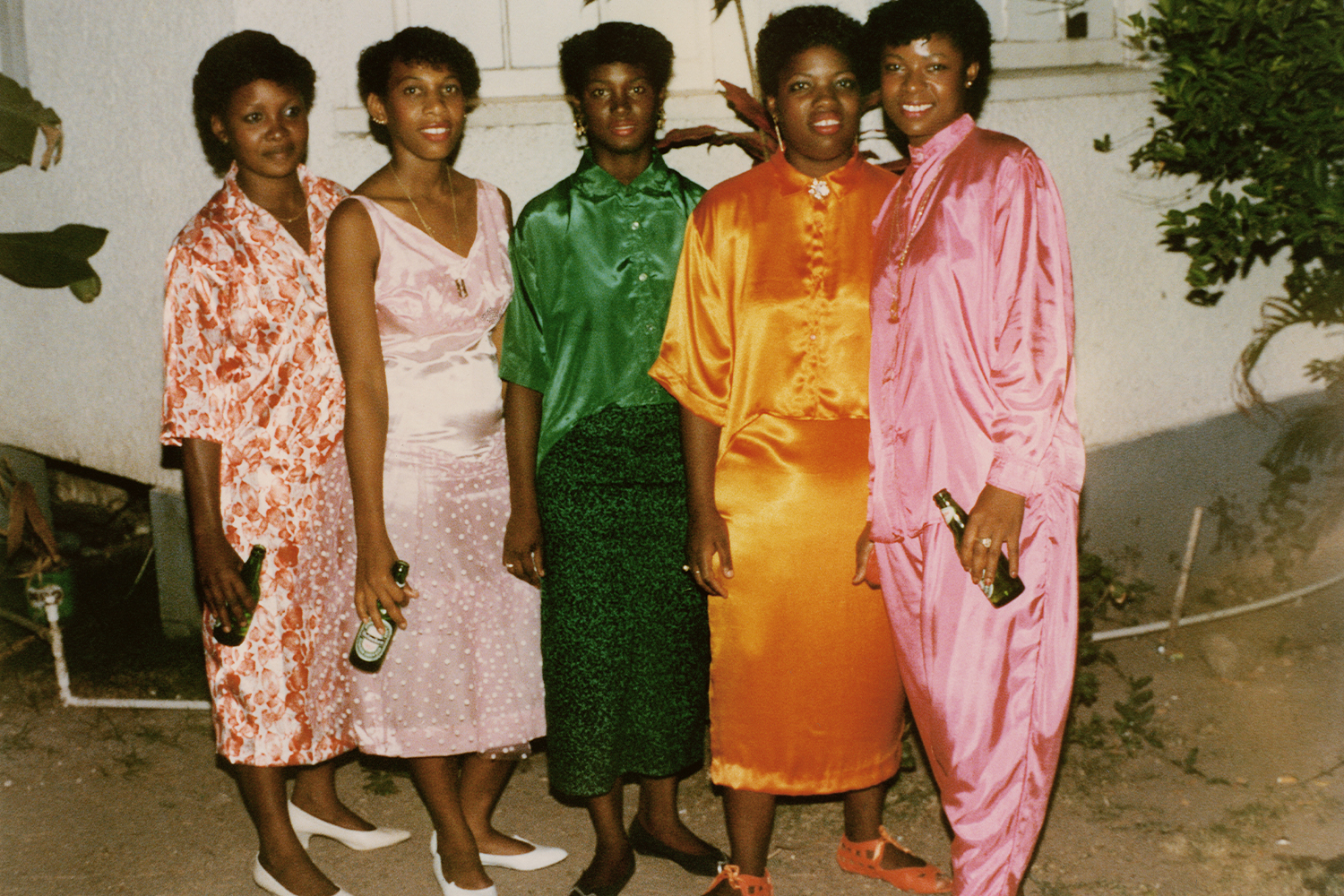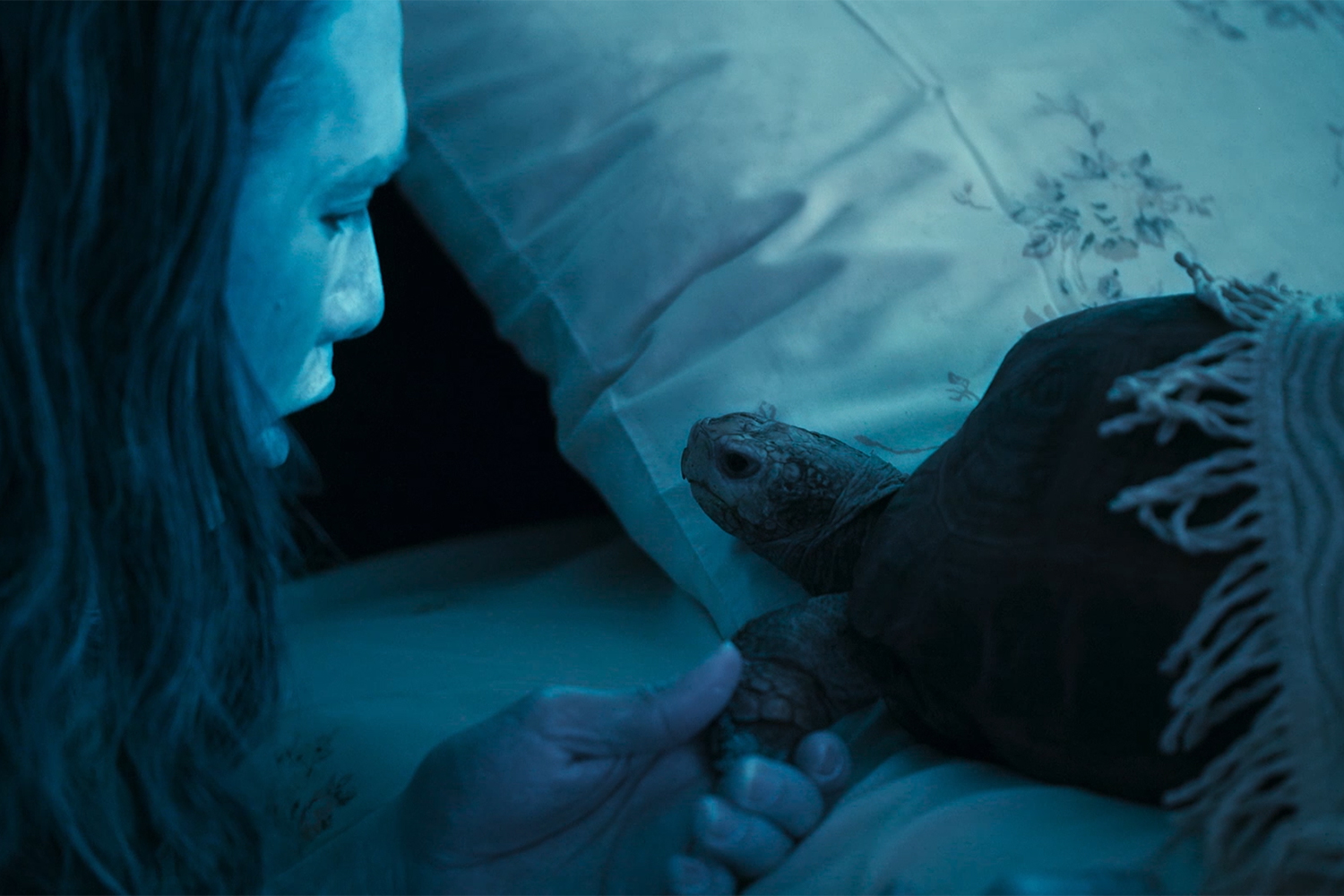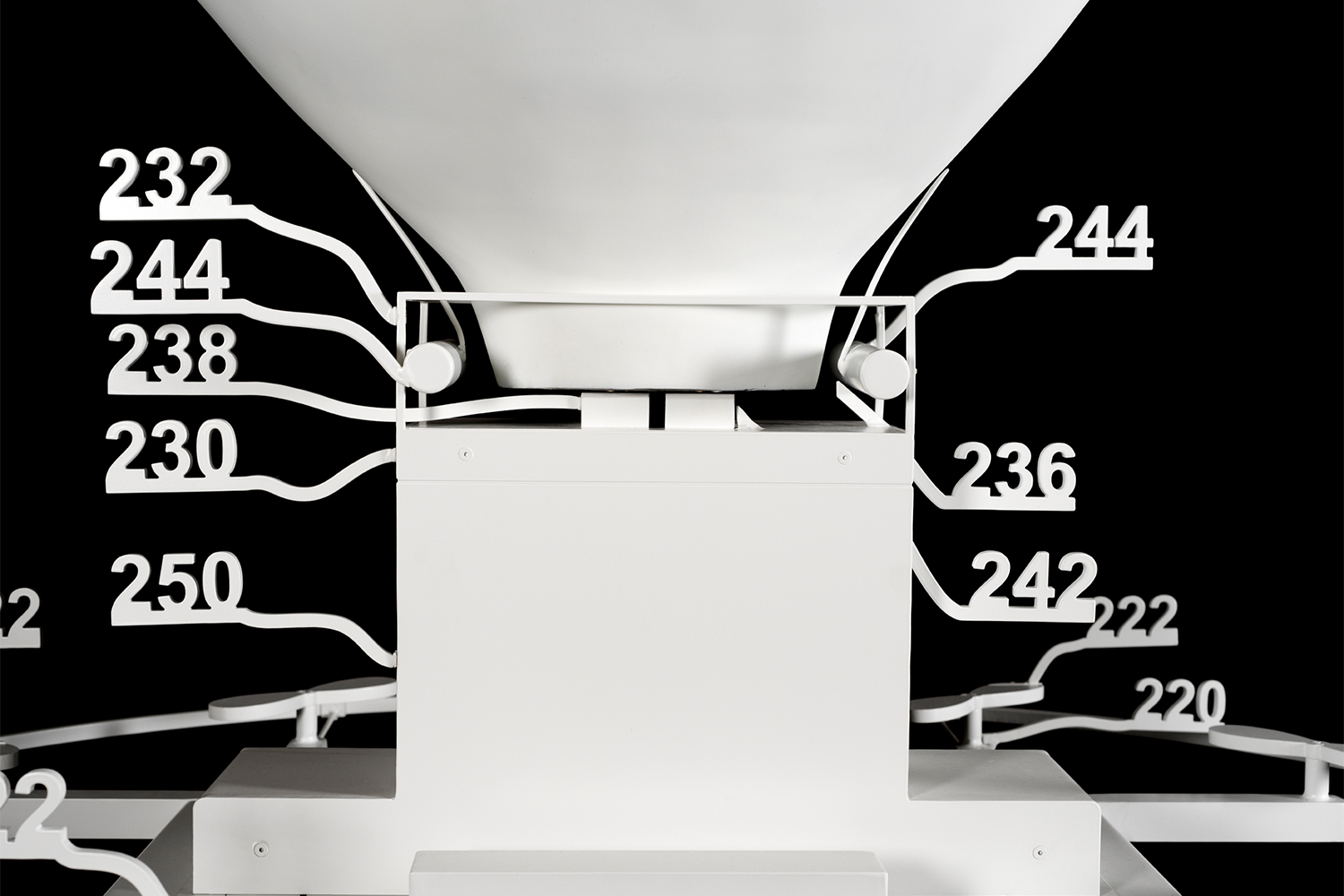Something that interests me lately is poverty. Poverty not only as a notion, but as an experience. It seems to me that the whole of Western culture and its institutions are premised on the assumption that reality and life only exist “above” the poverty line. Poverty is based on a conception of the real that is comparable to the flotation line in ships. We only see the part of the vessel that is above water, and this is the only tangible reality we take into account. Below that line all is submerged. Poverty seems to function as a state of negation, as an impossible state that, once overcome, gives birth to the real world. As if no cultural dynamics, desires, or realizations existed beforehand.
Western culture loves binary divides: divine/human, conscious/unconscious, above ground /underground. These divisions narrate the history of a set of actions that are synchronized with a certain sense of reality and agency. Poverty is an involuntary state, and is therefore also a passive state of being. In poverty we endure. In wealth, we act; we are in full possession of our lives. True poverty is an involuntary social condition. No one wishes to be poor. Speaking in Aristotelian terms, we might consider this state to be the result of an accident, a mistake, or even systemic ignorance — that is, the system does not know better and is unable to secure wealth for everyone. And yet, those in poverty must not be held responsible for their condition, or for their actions. The moral debate on how responsible are we for involuntary actions — and by extension for involuntary states — is already an ancient one. It is at the core of the third part of Aristotle’s Nicomachean Ethics. There we find some very beautiful reflections. Aristotle, it seems, is prepared to regard growing old or dying — as well as breathing, falling asleep, or waking (in “De Partibus Animalium”) as things we do even though they are not, in general, products of our perception or desire. Related to these processes are those that originate in us without being “ordered” by our imagination or desire, such as being sexually aroused, blushing, frowning, raising one’s eyebrows, or even crying. He describes these states as “subintentional.” Like crying, poverty, it seems, is subintentional. And yet, we need philosophers, cultural theorists, storytellers, economists, as well as scientists, biologists, and educators, to invest in the proper understanding of poverty. Millions of individuals live in poverty; this means, literally, that they have a life. And this life needs to be respected and interpreted not through a lens of opacity and stupor, but with love. Yes. I do think love here has played and will play an important role.
Since poverty cannot be an object of desire, Western love when encountering poverty must transform itself into the essence of caritas — literally meaning benevolence for the poor. We can sense how many societal problems have their origin in this shift from love to tolerance. Try to imagine the effect of this force, this energy that is gratuitously imposed on a person or a community in need. It works like a dam. A monstrous dam that impedes the right to fulfilment. Yes, fulfilment is also possible in poverty. How do I know? Because my grandmother and mother told me so. A cousin of my grandmother — the most cheerful person I’ve ever encountered, beside my grandfather — tired of listening to stories of poverty at family dinners, and instead decided to socialize these narratives as part of a village festival. She placed a row of chairs, six or seven, on a small stage and invited the elderly of the village to gather after dinner one summer night. She started telling a story of being hungry for a week. And in telling it, everyone started cracking up, laughing. The outer ring of the audience, we grandchildren, watched the scene in complete amazement. From that point on, people took the stage and narrated joys and events related to love and learning — interpretations of the world occurring under the harshest conditions you can imagine. You might separate their poverty — historically situated in a past we seem to have overcome, and to now control — from the poverty we see and know in our everyday lives. But they told us not to do this, and I believe their reasoning is correct.
There is an exercise that is worth trying — a reflection on the language we use,
the tools we create to navigate society, the millions of barriers we have invented. For example, yesterday a friend was commenting on the fact that museums are rapidly losing their audiences. Now, consider poverty and need and the safe space an art institution is able to create. Is there a way, within a culture devoted to “preservation,” to replace tourism with service to communities in need? I passionately think so.
And here comes a complex question: Why did I choose the work of Pauline Curnier Jardin to be part of this text? Because, like Ingo Niermann and Alexa Karolinski’s Ocean of Love and Taloi Havini’s practice, discussed in previous chapters of this column, Pauline Curnier Jardin’s work exalts an intelligent joy. Throughout her career, Jardin has employed a wide range of materials and forms in an exploration of the fundamental language of film. Her work explores respiration, growth, and aging — among other involuntary processes — in the service of an expansive body of work that includes film, installation, performance, and sculpture. How does her language produce such enormous ripples in the heart, mind, and spirit? I experience Jardin’s work as an incredible effort to erase the binaries that divide conscious from unconscious processes. She doesn’t deal directly with poverty, but her work has a force that inspires an unprecedented willingness to entangle spheres of life that have been described as separated. Her use of film and physical objects insists on communicating thoughts to an audience that remains in a state of solitude — or in other words, she brings into play the mental powers we have while alone, while remaining open to inspiration while the soul pursues its difficult but fruitful solitary efforts.
We can feel our wisdom begin where the works end, and we understand that a big part of the task of setting a transformation in motion is to stop searching for answers and to immerse ourselves in the waters of motivation. Jardin awakens these desires in us only when she manages to give rise to the feeling that the work has told us nothing, and yet we’ve understood everything.

